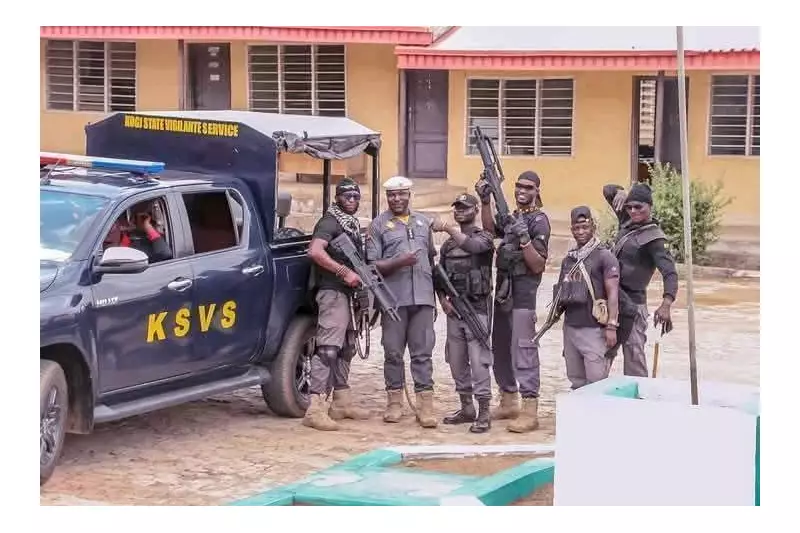
Nigeria stands at a critical security crossroads, grappling with a profound dilemma that pits immediate community protection against long-term arms control objectives. As violent crimes including banditry, kidnapping, and terrorism continue to plague various regions, communities are taking security matters into their own hands by empowering local vigilante groups.
The Rising Tide of Community Security Initiatives
Across multiple Nigerian states, from the northwest to the middle belt regions, vigilante groups have emerged as frontline defenders against escalating security threats. These local security formations, often comprised of community members who know their terrain intimately, have become essential security assets in areas where formal security presence remains inadequate.
The effectiveness of these groups cannot be overstated. Their local knowledge, rapid response capabilities, and community trust have yielded significant successes in combating criminal elements that have terrorized rural and urban communities alike.
The Government's Arms Control Conundrum
However, this grassroots security solution presents a formidable challenge to national arms control efforts. The proliferation of weapons among these groups, while necessary for their defensive capabilities, raises serious concerns about long-term security implications.
Security experts and government officials face a complex balancing act: how to empower communities to protect themselves without contributing to the very weapon proliferation that fuels insecurity in the first place.
The Legal Framework Challenge
Current Nigerian legislation presents significant obstacles to the formal arming of vigilante groups. The Firearms Act strictly regulates weapon possession, creating a legal gray area for community defense initiatives. This has led to situations where groups essential to local security operate in legal limbo, potentially facing prosecution for measures taken in community defense.
Case Studies: Success Stories and Cautionary Tales
Several states have implemented varying approaches to this challenge. Some have attempted to formalize relationships with vigilante groups, providing limited training and oversight while maintaining control over weapon distribution. Others have adopted more hands-off approaches, allowing communities to organize while focusing on intelligence sharing.
The results have been mixed. In some regions, coordinated efforts between formal security agencies and vigilante groups have dramatically reduced crime rates. In others, the lack of proper regulation has led to concerns about accountability and potential human rights violations.
Finding the Middle Ground: Proposed Solutions
Security analysts suggest several potential pathways forward:
- Structured Collaboration: Formalizing the relationship between security agencies and vigilante groups with clear operational guidelines
- Limited Armament: Providing non-lethal weapons and communication equipment while restricting firearms access
- Enhanced Training: Comprehensive training programs covering legal frameworks, human rights, and operational procedures
- Community Policing Integration: Incorporating vigilante groups into broader community policing initiatives
The Human Cost of Inaction
Behind this policy debate lies the stark reality of communities living in constant fear. Farmers unable to tend their fields, students kept from schools, and families displaced by violence – these are the human faces of Nigeria's security crisis. For many, vigilante groups represent the only tangible protection available.
A Nation at a Crossroads
As Nigeria continues to navigate this complex security landscape, the tension between immediate protection needs and long-term stability concerns remains unresolved. The choices made today will significantly impact the nation's security architecture for years to come.
The ultimate challenge lies in developing a framework that acknowledges the reality of community defense needs while maintaining the state's responsibility for security and arms control. This delicate balance may well determine Nigeria's ability to overcome its current security challenges and build a safer future for all citizens.





